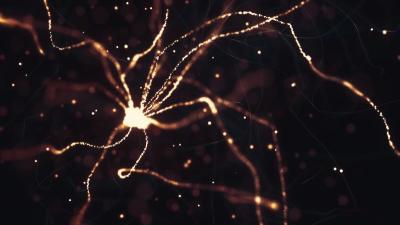Scientists Identify a New Genetic Mutation Associated with Tourette Disorder

Study in a Sentence: By sequencing all the genes of affected and unaffected members of a three-generation family with Tourette or Tic Disorder (a condition characterized by uncontrolled repetitive movements or sounds), scientists linked the disease to a loss-of-function mutation in the gene PNKD, a protein that plays a role in the connections between brain cells and has been associated with other movement disorders. The scientists confirmed the loss of the protein’s function in the affected patients using stem-cell-derived brain cells made from the patient’s blood cells.
Healthy for Humans: This study identifies a possible new genetic cause for an inherited disease, which may help doctors screen for other people or families at risk for passing on the disease to their descendants.
Redefining Research: The research methods in this study are examples of human-based approaches to identify genetic causes in human diseases and understand the molecular mechanisms using stem-cell-derived cellular models. The approach is not only faster and more cost-effective than using animal models, it also yield more human-relevant results to inform human disease diagnostics.
References
- Sun N, Nasello C, Deng L, et al. The PNKD gene is associated with Tourette Disorder or Tic disorder in a multiplex family. Mol Psychiatry. Published online September 12, 2017. doi: 10.1038/mp.2017.179.








